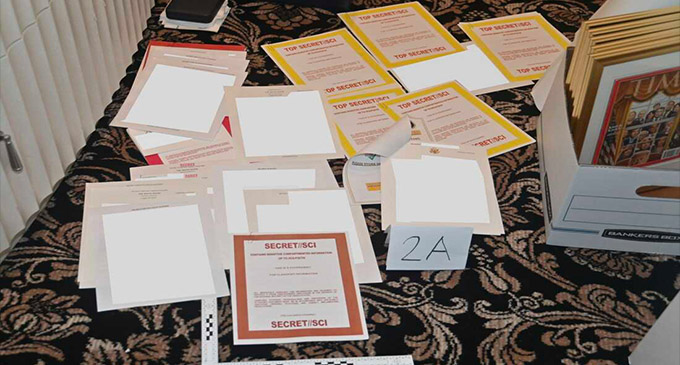Commentary: Can you take important files home with you when you leave your job?
By Dr. James B. Ewers Jr. I spent a considerable amount of time around student records. Some records were more confidential, which caused me to use additional discretion and caution. The post Commentary: Can you take important files home with you when you leave your job? appeared first on WS Chronicle.

By Dr. James B. Ewers Jr.
I spent a considerable amount of time around student records.
Some records were more confidential, which caused me to use additional discretion and caution. Student records contain data and information that not everyone needs to see. A person, whether they are related to the student or not, can’t just arbitrarily come in and see a student’s record.
As a student grows in age and in grade, their records become more difficult to access. Privacy stipulations are enforced regarding who can legally see student records.
This can be a challenging situation, especially if you are in college. A scenario that I have seen played out on many occasions is that the student won’t sign off on their parents seeing their grades, yet they pay the bill.
Because of the positions I have held, I had access to a great deal of student information and student files. Students knew that I probably knew what was contained in them.
A major part of my professional life was spent in higher education. To be around students helping them to create their own places and spaces was truly an honor. I realized that students trusting me was an important part of their college experience. Keeping student records and files confidential was important to their own success and to my credibility as a college official.
Did I ever take student records home for review? The answer is no.
Did I ever make copies of student records for my files or use? The answer is no.
When I left a position, did I ever take any student records with me to keep at my house? The answer is no.
They were not mine to keep or to muse over when I left the position.
Whatever position of influence you have, you must know the parameters of the position.
Could I have faced any charges if I was found to have taken records home? The answer is yes. The yes is compounded with the embarrassment and shame that I would have felt.
I am flummoxed by what is happening with the former president of the United States of America and classified documents. Do the words “classified” and “secretive” mean anything to him? Obviously, the answer is no.
The Department of Justice found over 11,000 government documents when they searched his Mar-a-Lago home.
Is there any guilt associated with Mr. Trump over having these documents at his home? That answer, in my opinion, is an easy yes.
William Barr, former U.S. Attorney General said last week on Fox News, “No, I can’t think of a legitimate reason why they should have been away from the government if they are classified.”
He added, “I, frankly, am skeptical of the claim that (Trump) declassified everything.”
The former president wants to have a special master to review boxes and documents taken by the FBI.
Mr. Barr said, “Well, I think the whole idea of a special master is a bit of a red herring.”
Additionally, he said, “At this stage, since they have already gone through the documents, I think it’s a waste of time.”
Some have reasoned that having a special master is simply a delaying tactic.
The truth has always been problematic for him. He casts himself as a savior, yet he is really a sinister sorcerer.
It is unthinkable for a former president to have top secret documents at his house. There is no rhyme nor reason for it, and you can’t defend the indefensible. One of Mr. Trump’s lawyers equated the classified documents being like overdue books at the library.
Does that response surprise you?
Mr. Trump, the wheels of justice move slowly, but rest assured they are moving toward you.
James B. Ewers Jr., Ed.D., is a former tennis champion at Atkins High School in Winston-Salem and played college tennis at Johnson C. Smith University, where he was all-conference for four years. He is a retired college administrator. He can be reached at overtimefergie.2020@nullyahoo.com.
The post Commentary: Can you take important files home with you when you leave your job? appeared first on WS Chronicle.







